Natives
atokadawn
14 years ago
Related Stories
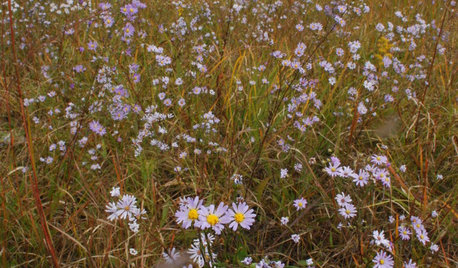
GARDENING GUIDES15 Native Flowers That Feed Native Bees
These perennials offer superfood to hundreds of bees and are gorgeous in their own right
Full Story
GARDENING FOR BUTTERFLIES3 Ways Native Plants Make Gardening So Much Better
You probably know about the lower maintenance. But native plants' other benefits go far beyond a little less watering and weeding
Full Story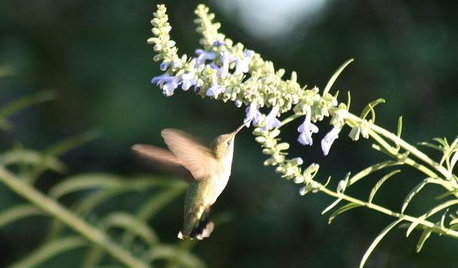
GARDENING GUIDESHow to Find the Right Native Plants for Your Yard
Find plant maps, sale sites and guides that make going native in the garden easier than ever
Full Story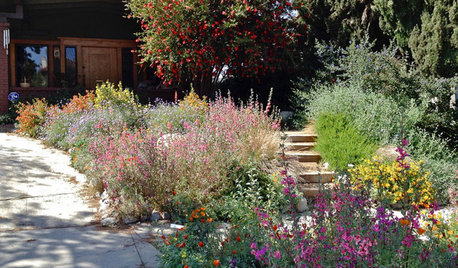
INSPIRING GARDENSNative Plants Bring 10 Southern California Front-Yard Gardens to Life
Rare plants, rain gardens and wildlife habitats are just a few of the features showcased on the 2016 Theodore Payne Native Plant Garden Tour
Full Story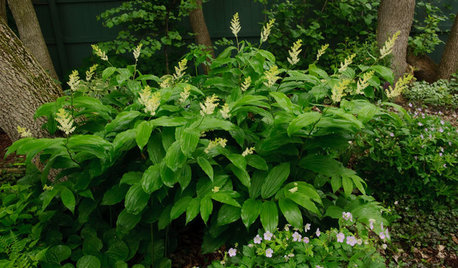
GARDENING GUIDESGarden-Friendly Native Alternatives to Overplanted Exotics
There are lots of gorgeous, wildlife-friendly native plants ready to make an appearance in your garden
Full Story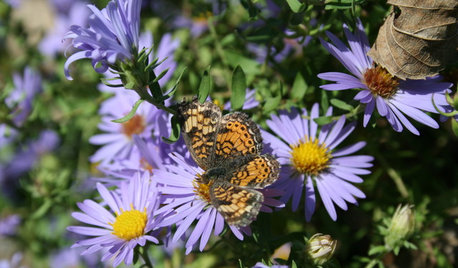
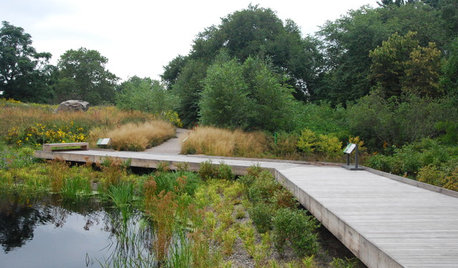
GARDENING GUIDESLet's Weed Out 4 Native Plant Myths
Plant wisely for a garden that supports pollinators and requires less work
Full Story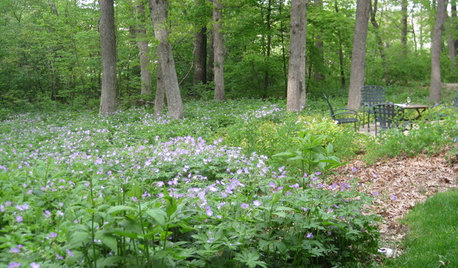
GARDENING GUIDESWe Bust 4 More Native Plant Myths
Have you been taken in by these fallacies about gardening with native plants?
Full Story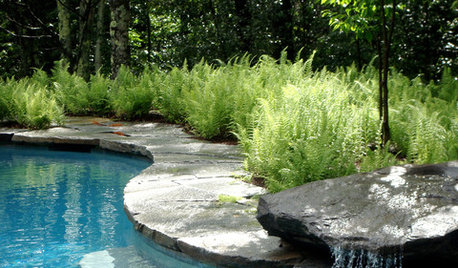
GROUND COVERSNative Alternatives to English Ivy, Japanese Pachysandra and Periwinkle
These shade-loving ground covers are good for the environment and say something about where you are
Full Story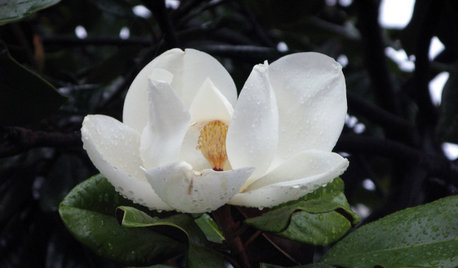
GARDENING GUIDES10 Top Native Plants for the U.S. Southeast
For a low-maintenance and wildlife-friendly landscape, use Southern natives that withstand heat and humidity
Full StorySponsored






conniemcghee
brandon7 TN_zone7
Related Professionals
Beavercreek Landscape Architects & Landscape Designers · Walnut Landscape Architects & Landscape Designers · Americus Landscape Contractors · Caldwell Landscape Contractors · Fishers Landscape Contractors · Haverhill Landscape Contractors · National City Landscape Contractors · North Plainfield Landscape Contractors · Roswell Landscape Contractors · Seminole Landscape Contractors · Watertown Landscape Contractors · Lomita Solar Energy Systems · Menifee Solar Energy Systems · New Lenox Solar Energy Systems · Sand Springs Roofing & Guttersnovice_2009
atokadawnOriginal Author
april_h_o April Moore
katiedidcottage
Soeur
conniemcghee
brandon7 TN_zone7